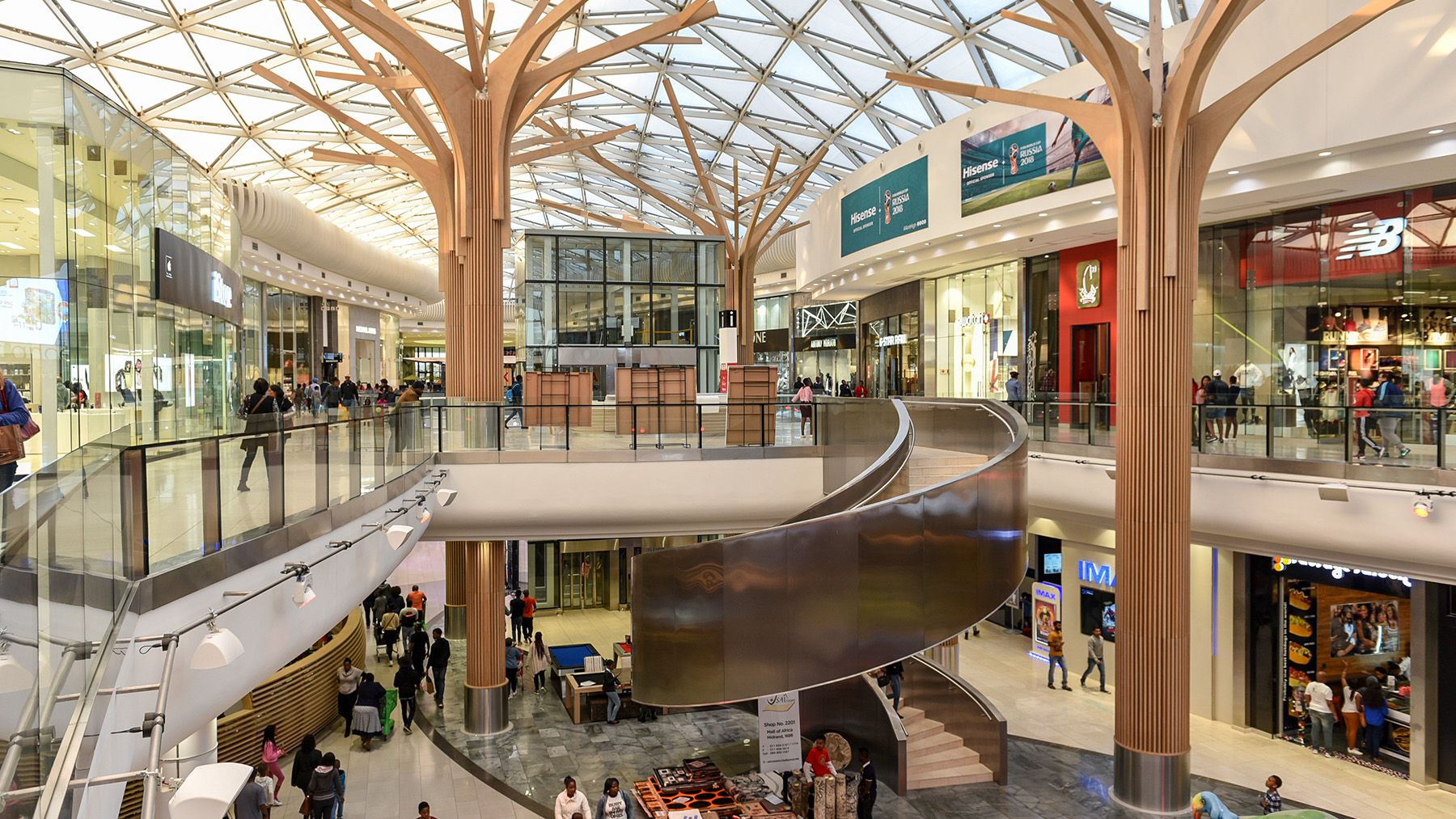
Pepkor Holdings Ltd. replaced the head of its Ackermans unit after Africa’s largest clothing retailer posted a drop in first-half earnings as it failed to get the right summer fashion mix.
The discount retailer, which started 100 years ago in rural South Africa and now has 5,929 stores in almost a dozen countries, has brought in “some new eyes from outside” to run the division as it also reconsiders package sizes of items such as T-shirts and shorts, Pieter Erasmus, chief executive officer of Cape Town-based Pepkor, said in an interview Tuesday.
Ackermans is facing intensifying competition from Shoprite Holdings Ltd., Africa’s largest grocer, which recently opened specialist clothing and baby stores — categories in which Pepkor’s flagship Pep and Ackermans outlets are active.
“There are some very good competitors out there,” Erasmus said, citing Pick n Pay Stores Ltd.’s clothing unit and Jet, which has better access to funds since it was purchased by The Foschini Group Ltd. The new Ackermans CEO was previously the chief operating officer at Pick n Pay, Erasmus said, without providing the person’s name.
Other changes at Ackermans include new appointments to its women’s clothing team, “because that’s a key market share opportunity for us,” Erasmus said. An improved performance is expected by the end of August and into the next summer, he said.
Earlier on Tuesday, Pepkor reported an 11 percent drop in net income to 2.98 billion rands ($151 million) in the six months through March. While revenue improved, inventory levels increased 12 percent as sales slowed at Pep and Ackermans, the company said in a statement.
The stock lost as much as 8.6 percent and was down 6.9 percent as of 11:50 a.m. in Johannesburg, its biggest intraday drop since Sept. 13. That brings its decline this year to 29 percent and makes it the worst performer on the eight-member FTSE/JSE Retailers Index.
By Janice Kew
Learn more:
The African Fashion Hub Punching Above Its Weight
Côte d’Ivoire is home to fashion businesses focused on international investment and regional trade that one might expect to find in larger countries on the continent.



